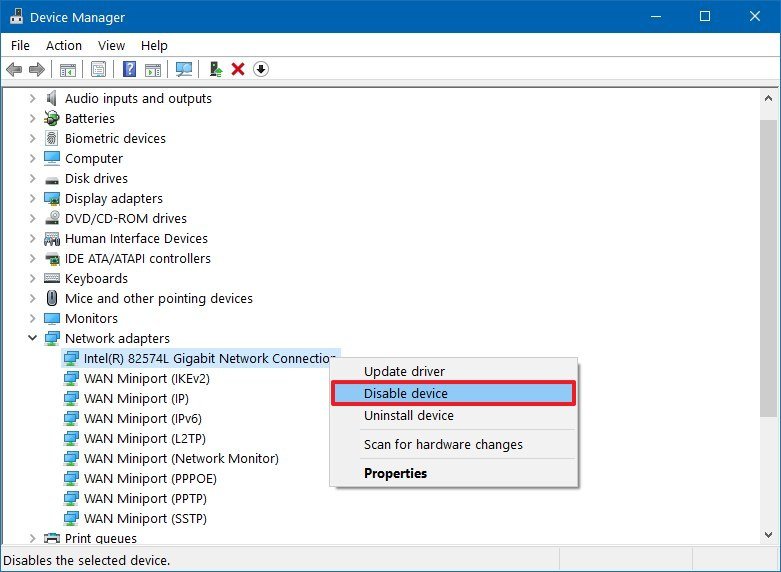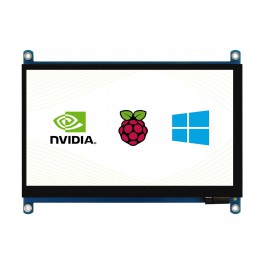Download the latest drivers, firmware, and software for your HP Z24n 24-inch Narrow Bezel IPS Display.This is HP’s official website that will help automatically detect and download the correct drivers free of cost for your HP Computing and Printing products for Windows and Mac operating system. A USB device driver must be installed the first time a Microsoft Windows-based PC is connected to the USB console port on the switch. Installing the Cisco Microsoft Windows XP USB Driver Installing the Cisco Microsoft Windows 2000 USB Driver.
NextPreviousContentsOnce upon a time the names of the serial ports were simple. Exceptfor some multiport serial cards they were named /dev/ttyS0,/dev/ttyS1, etc. Then around the year 2000 came the USB bus withnames like /dev/ttyUSB0 and /dev/ttyACM1 (for the ACM modem on the USBbus).

Since DOS provided for 4 serial ports on the old ISA bus:COM1-COM4, ttyS0-ttyS3 most serial ports on the newer PCI bus usedhigher numbers such as ttyS4 or ttyS14 (prior to kernel 2.6.13). Butsince most PCs only came with one or two serial ports, ttyS0 andpossibly ttyS1 (for the second port) the PCI bus now may use ttyS2(kernel 2.6.15 on). All this permits one to have both ISA serial portsand PCI serial ports on the same PC with no name conflicts. 0-1 (or0-3) are reserved for the old ISA bus (or the newer LPC bus) and2-upward (or 4-upward or 14-upward) are used for PCI. It's notrequired to be this way but it often is. On-board serial ports onmotherboards which have both PCI and ISA slots are likely to still beISA ports. Even for all-PCI-slot motherboards, the serial ports areoften not PCI. Instead, they are either ISA, on an internal ISA busor on a LPC bus which is intended for slow legacy I/O devices:serial/parallel ports and floppy drives.
Devices in Linux have major and minor numbers. The serial portttySx (x=0,1,2, etc.) is major number 4. You can see this (and theminor numbers too) by typing: 'ls -l ttyS*' in the /dev directory. Tofind the device names for various devices, see the 'devices' file inthe kernel documentation.
There formerly was a 'cua' name for each serial port and it behavedjust a little differently. For example, ttyS2 would correspond tocua2. It was mainly used for modems. The cua major number was 5 andminor numbers started at 64. You may still have the cua devices inyour /dev directory but they are now deprecated. For details seeModem-HOWTO, section: cua Device Obsolete.
For creating the old devices in the device directory see:the Serial-HOWTO: 'Creating Devices In the /dev directory'.

Ips Port Devices Drivers
Dos/Windows use the COM name while the messages from the serial driveruse ttyS00, ttyS01, etc. Older serial drivers (2001 ?) used justtty00, tty01, etc.
The tables below shows some examples of serial device names. TheIO addresses are the default addresses for the old ISA bus (not forthe newer PCI and USB buses).
For more info see the usb subdirectory in the kernel documentationdirectory for files: usb-serial, acm, etc.
IPS Port Devices Driver
On some installations, two extra devices will be created,/dev/modem for your modem and /dev/mouse for amouse. Both of these are symbolic links to the appropriatedevice in /dev.
Historical note: Formerly (in the 1990s) the use of/dev/modem (as a link to the modem's serial port) wasdiscouraged since lock files might not realize that it was really say/dev/ttyS2. The newer lock file system doesn't fall intothis trap so it's now OK to use such links.

Kernel 2.4 introduced the now obsolete optional 'device file system'(devfs) with a whole new set of names for everything. But in 2003-4,it was claimed that devfs had unsolvable problems and starting withkernel 2.6.12 it was replaced with 'udev' (kernels prior to 2.6.12also could use udev but with some problems). Although udev doesn'tprovide all the functionality of devfs, it does handle hot plugging.Also, the use of udev isn't required to run Linux so some people don'tuse it. But many distributions install it by default.
Devfs was a good idea and was claimed to be more efficient than udev.But unfortunately, the author of devfs didn't maintain it for long andit allegedly became not too well maintained. So for better or worsewe now have udev instead although the debate of devfs vs. udev stillcontinues. For a detailed description of devfs see: http://www.atnf.csiro.au/~rgooch/linux/docs/devfs.html Also seethe kernel documentation tree: filesystems/devfs.
The names of devices for the devfs can be used in udev, but usuallyare not and may not be simple to activate. Here's the devfs names forserial devices: ttyS1 becomes tts/1, ttyUSB1 becomes /usb/tts/1, andttyACM1 is /usb/acm/1. Note that the number 1 above is just anexample. It could be replaced by 0, 2, 3, 4, etc. Some more examplesof udev names: ttyS2 becomes tts/2 (Serial port), tty3 becomes vc/3(Virtual Console), ptyp1 becomes pty/m1 (PTY master), ttyp2 becomespty/s2 (PTY slave). 'tts' looks like a directory which containsdevices 'files': 0, 1, 2, etc. All of these new names should still bein the /dev directory although optionally one may put them elsewhere.
For devfs device names in the /dev directory are created automaticallyby the corresponding driver. Thus, if serial support comes from amodule and that module isn't loaded yet, there will not be any serialdevices in the /dev directory. This can be confusing: you physicallyhave serial ports but don't see them in the /dev directory. However,if a device name is told to a communication program and the serialmodule isn't loaded, the kernel is supposed to try to find a driverfor it and create a name for it in the /dev directory.
This works OK if it finds a driver. But suppose there is no driverfound for it. For example, if you try to use 'setserial' to configurea port that the driver failed to detect, it claims there is no suchport. How does one create a devfs port in this case?
For multiport devices for example, /dev/ttyF9 becomes /dev/ttf/9, orin a later version /dev/tts/F9. Substitute for F (or f) whateverletter(s) your multiport board uses for this purpose. A multiportdriver is supposed to create a devfs name similar to the above and putit into the /dev directory
Each ttyS device has a corresponding cua device. But the cuadevice is deprecated so it's best to use ttyS (unless cua isrequired). There is a difference between cua and ttyS but a savvyprogrammer can make a ttyS port behave just like a cua port so thereis no real need for the cua anymore. Except that some older programsmay need to use the cua.
What's the difference? The main difference between cua and ttyS hasto do with what happens in a C-program when an ordinary 'open' commandtries to open the port. If a cua port has been set to check modemcontrol signals, the port can be opened even if the CD modem controlsignal says not to. Astute programming (by adding additional lines tothe program) can force a ttyS port to behave this way also. But a cuaport can be more easily programmed to open for dialing out on a modemeven when the modem fails to raise CD (since no one has called intoit and there's no carrier). That's why cua was once used for dial-outand ttyS used for dial-in.
Starting with Linux kernel 2.2, a warning message is put in thekernel log when one uses cua. This is an omen that cua is defunct andshould be avoided if possible.
NextPreviousContents